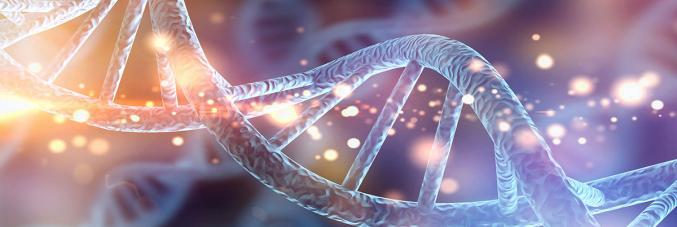
Gene Therapy and RNA Technology: The Future of Science is in Padua
14.06.2022
The National Research Council’s (Cnr) charter for the “Developing Gene Therapy and Medicines with RNA Technology” foundation was signed on June 8 at the University of Padua. Following the non-profit and participatory nature, the foundation aims to create and renew research infrastructures and laboratories, including private entities, to develop programs that support entrepreneurial initiatives with sophisticated technological abilities through start-ups and spin-off research programs that enhance specific research results.
The University of Padua is the proponent and leader of the project signed by a charter that includes public, private and business entities from all over the country (see list at the bottom of the page), and others that are in the process of joining.
With Prof Rosario Rizzuto as the sole administrator, the Foundation was formally established with the notarization of Todeschini Premuda at the Rectorate of Palazzo del Bo. Financed by the MUR in the context of the PNRR with 320 million euros, the project sees Padua as the national reference centre for the development of therapeutic solutions and treatments in the health sector with particular reference to gene therapies and the development of selective pharmaceuticals using RNA technology.
The Foundation’s administrative bodies (President; Assembly Members; Supervisory Board; Management Board; Board of Auditors) are to be established over the next 6 months before it receives legal recognition from the Prefecture of Padua.
This is as much a great honour as it is a great sense of responsibility. The creation of this Foundation certifies the University of Padua’s role as a proponent and leader for the National Centre on the development of gene therapy and medicines with RNA technology. As a scientific hub, we face one of the major challenges proposed by the PNRR, which is to strengthen and make the link between research and business even more effective - says University of Padua Rector Daniela Mapelli. - A bond well highlighted by the first members of the Foundation that balance a mix between universities, public bodies and private companies. The centre has obtained important funding from the state that provides for an excellent start for a project that will certainly go beyond the objectives and the 2026 time frame proposed by the PNRR. For the role of sole administrator, the University of Padua chooses Professor Rosario Rizzuto, my predecessor, who as former Rector led the scientific project obtained the ministerial go-ahead and internationally prominent figure in the scientific field.
The research program is carried out through a structure formed by a hub and “spokes” (like the spokes of a wheel). The hub represents the single point of contact for the implementation of the research program of the National Centre towards the MUR, which carries out the management and coordination activities. The hub receives tranches of subsidies granted to implement, verify, transmit, and report activities of the Research Program to the MUR carried out by “spokes” and their affiliates. The Spokes are the executors involved in the realization of Research Programs, where the equipment is located and the research activities. Each spoke receives concessions from the hub and activities carried out as provided for in the research program and reports its uses and those of its affiliated subjects for the research activity under its responsibility.
The Foundation will also be able to participate and compete in international, European, national and regional projects for ideas in European groups of economic interest. These projects are characterized by a high conceptual profile and have the aim of guaranteeing additional repercussions concerning the institutional activities of the Foundation and the individual members.



